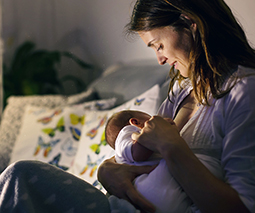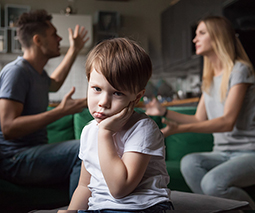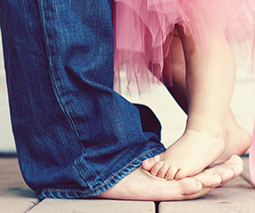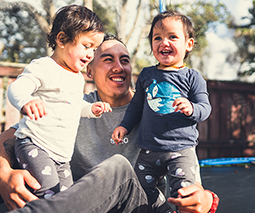Oh baby! All the facts about having sex when you’re expecting

Sex during pregnancy can either be great or the absolute last thing you feel like doing, depending on the individual mum-to-be.
Others are unsure as to whether it’s safe, so here are all the facts about getting busy between the sheets when you have a little one on the way.
Pregnancy sex is not harmful
Sex is a wonderful, intimate act that partners can engage in – and what caused you to be pregnant in the first place! And the good news is that in a normal pregnancy, it’s completely safe to continue having sex, even right up until it’s time for birth. The only exception to this is if you’ve developed a condition, such as placenta abruption or placenta praevia. Remember, though, that you’ll be protected against pregnancy, but you can still contract sexually transmitted diseases. So if you’re not in a monogamous relationship then it’s best to use condoms.
It can’t hurt your baby
Even though intercourse may feel a bit different, the baby is protected by the amniotic sac and the thick mucus plug that seals the cervix, so having sex won’t hurt the foetus at all – especially as the penis doesn’t go far enough to reach the baby. With oral sex however, it’s best not to let your partner perform it on you if they have ever had a cold sore (oral herpes), and blowing into the vagina is also a bad idea (it can cause a bubble in the blood stream). In both instances it could actually be harmful for your baby.
Sex won’t bring on labour
Contrary to what people may have told you, sex doesn’t trigger labour or cause miscarriages (if you have a normal, low-risk pregnancy). Orgasms and nipple stimulation can however result in mild uterine contractions (cramps), but they’re completely harmless and don’t last long. If you do experience bleeding or other more severe symptoms such as extreme pain, please speak to a doctor.

Your libido can change
It’s not uncommon for women to find their sex drive increases or decreases during pregnancy, usually fluctuating depending on things like hormones, emotional state, nausea and discomfort. Often the second trimester is the time of peak sexual desire as most morning sickness and tiredness has gone away by then, although the third trimester can mean you’re very low on energy again and physically, the big belly can also make sex a bit difficult.
It might feel different
Sex when you’re expecting can feel very different compared to before pregnancy. For some, the increased blood flow to the pelvis and subsequent engorged vagina can result in more natural lubrication and provide heightened sensations, but for others this same feeling might be a turn-off. Breasts can feel more sensitive and sore too, meaning you might not want them to be touched. As your tummy gets bigger, you may find that most of your normal sexual positions are not very comfortable though (missionary is particularly difficult later on). A lot of women don’t feel attractive when they’re in the later stages of pregnancy or have a ton of icky pregnancy symptoms.
You should never feel forced to have sex
For some women, having a bun in the oven turns their body into a functional factory rather than a fun park, and sex is the farthest thing from their mind. Or perhaps they’re self-conscious or find it too painful. Whatever the reason, if you’re not up for sex then that’s your decision. Most partners will be happy to wait until a while after the birth or when you’re ready, and in the meantime there are lots of other ways you can be intimate and let them know you love them such as oral sex, kissing, cuddling and giving each other massages. The key is open communication with your partner, so be sure to talk about your anxieties and desires, and be honest about how you’re feeling when it comes to sexual activity.
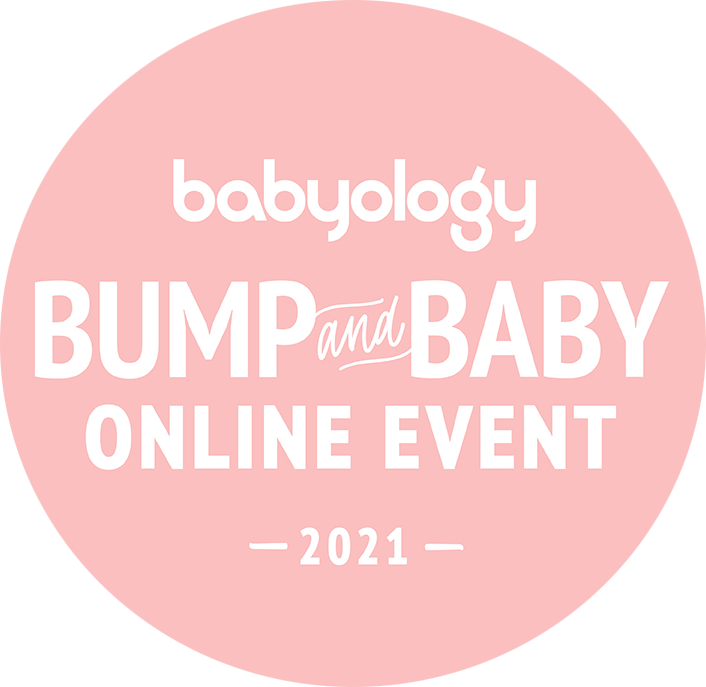 Join the Bump and Baby: The Fourth Trimester online event! With live expert sessions, FREE newborn routine guide & the chance to WIN a $500 Nursery gift voucher. Click here to find out more and make sure you don’t miss a thing!
Join the Bump and Baby: The Fourth Trimester online event! With live expert sessions, FREE newborn routine guide & the chance to WIN a $500 Nursery gift voucher. Click here to find out more and make sure you don’t miss a thing!

